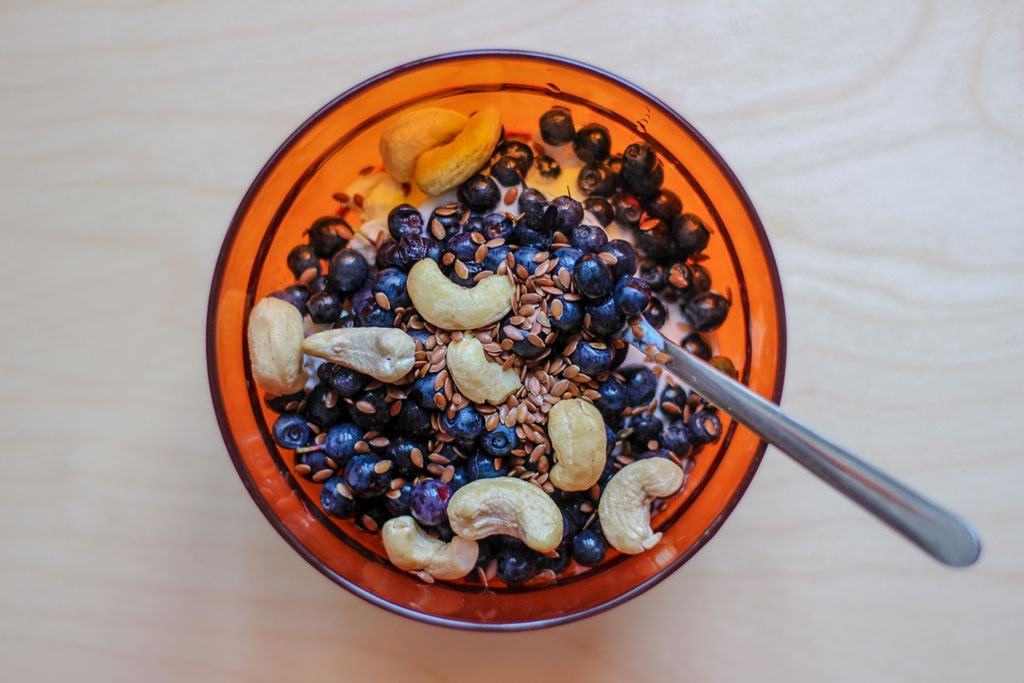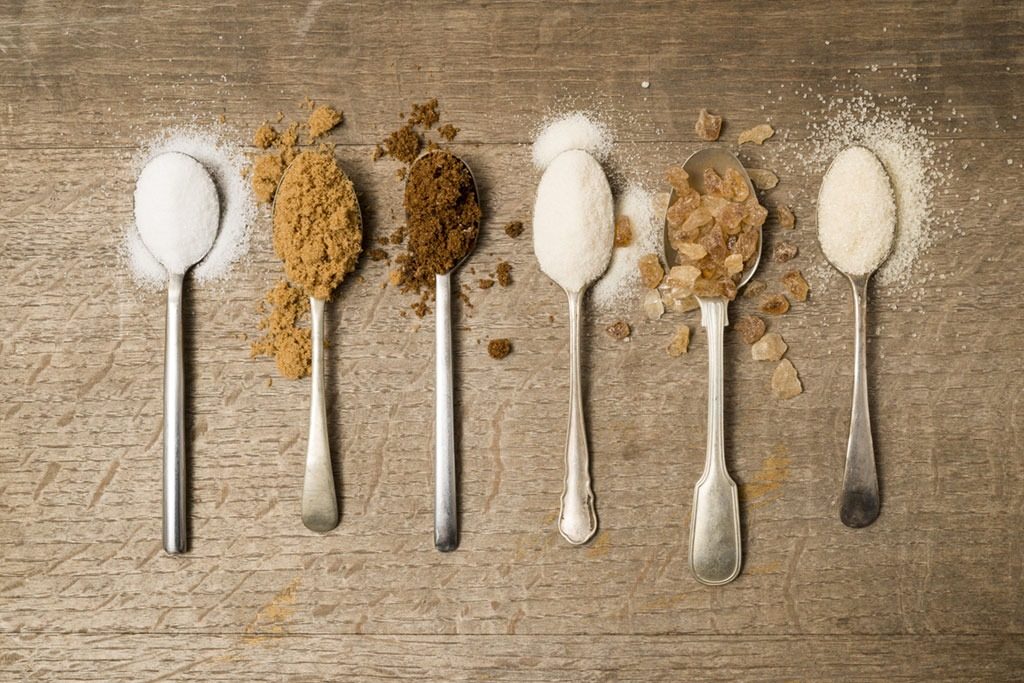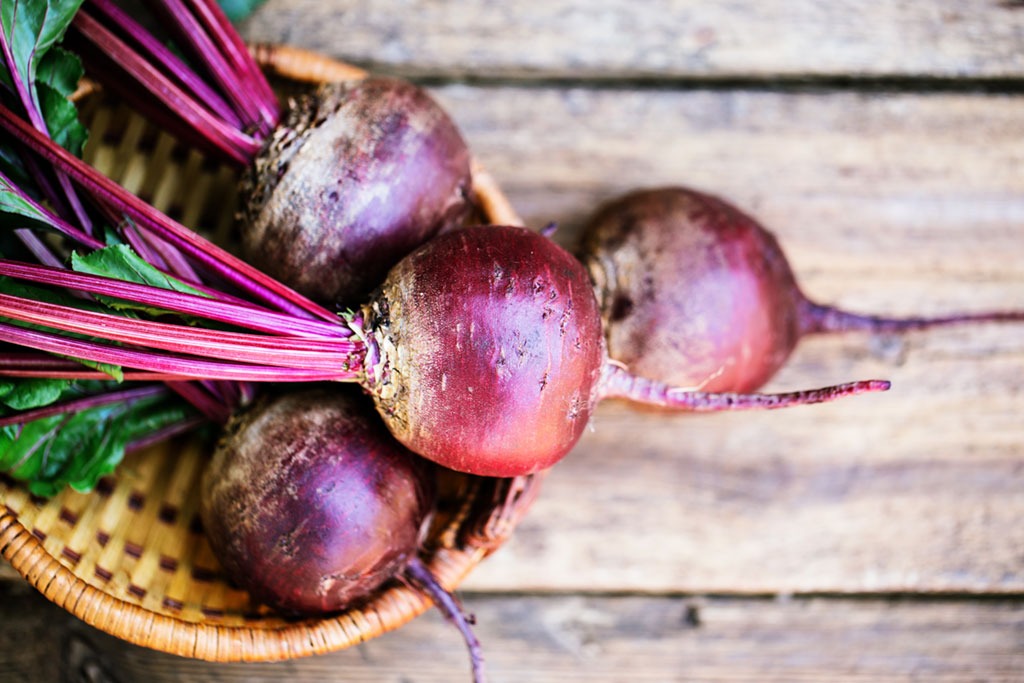Fat Burning Hormone Diet Menu
"I can't take it anymore!" said a coworker's mom the other day, while visiting the Eat This, Not That! offices. She was having thyroid trouble. "It's my hormones—they're making me crazy, and I've gained 10 pounds to boot." She turned to our research team: "What am I supposed to do?"
"Don't shoot the messenger," we told her. "Feed it."
You see, your hormones have a pretty important job when it comes to keeping your body and mind running at an optimal level. Think of them as the chemical "messengers" that tell your body what to do. For instance, "your thyroid hormones tell your body how to regulate your metabolism," explains Dr. Rob Silverman, author of Inside Out Health. "And insulin, a hormone produced in your pancreas, regulates your use of blood sugar.
"Meanwhile, your sex organs produce estrogen (for women) and testosterone (for men). And your adrenal glands produce the stress hormone cortisol."
With so many important functions, if your hormones are out of balance, you'll be, too. "If you can't produce enough insulin, for example, you get diabetes," says Dr. Silverman. "If you can't produce enough thyroid hormones, you gain weight and feel very tired and cold all the time. When you make too much cortisol, you feel stressed and anxious and prevent rapid weight loss," explains Dr. Silverman.
The surefire way to keep your hormones balanced is to eat foods that are filled with nutrients that support healthy hormone production. So our team developed this essential list—for men and women. Incorporate them into your regular diet for peak results, and bookmark these 25 Best Foods for Menopause for if you are getting a bit more mature!

The next time you're out to dinner, don't hesitate to say YES to that glass of red wine! "It contains resveratrol, a highly anti-inflammatory polyphenol whose benefits, like healthy hormone production, come from its estrogenic properties," explains Blawnde founder and holistic health coach, Annie Lawless. Cheers to that!
Eat This, Not That! Recommends: Enjoy two glasses a week—and find out The Healthiest Red Wines—And Which Ones to Buy!

Flaxseeds contain lignans, which are phytoestrogens that can help regulate estrogen levels in men and women. But another major benefit according to Dr. Silverman? "They help to prevent breast and prostate cancers."
Eat This, Not That! Recommends: One to two grams daily. Sprinkle some into oatmeal, a breakfast bowl, bake into bread or blend into a smoothie. For other sneaky ways to melt fat fast, don't miss these 20 Weight Loss Tricks You Haven't Tried.

When you're stressed, your body becomes completely out of whack—especially because it increases the production of the hormone cortisol, which is produced within the adrenal gland. You know the idea of "fight or flight" responses to stressors? Cortisol can dull the body's immune responses. "Our busy culture keeps our bodies concentrated in cortisol, which can lead to the development of chronic stress and serious complications in the long run," explains Lisa Mikus, RD, CNSC, CDN. "For example, elevated cortisol levels are associated with elevated blood glucose levels. When glucose levels are elevated for often and for prolonged periods of time, metabolic irregularities can occur like insulin resistance. These hormonal imbalances including elevated levels of cortisol, glucose, and the increased need for insulin, can lead to central abdominal obesity as and metabolic disturbances like diabetes."
So how do you combat that? By eating balanced meals and snacks throughout the day in order to help stay emotionally regulated and decrease the risk of a cortisol spike. "A mixed meal includes whole grains and/or high fiber carbohydrates, lean proteins, and heart-healthy fats," says Mikus. "Consuming these macronutrients together at meals keeps you satiated for longer and helps lessen the chance of blood sugar spikes."
Eat This, Not That! Recommends: It's important to have balanced meals and snacks throughout the day in order to stay emotionally regulated and decrease the risk of a cortisol spike. "A mixed meal includes whole grains and/or high fiber carbohydrates, lean proteins, and heart healthy fats. Consuming these macronutrients together at meals keeps you satiated for longer and helps lessen the chance of blood sugar spikes," says Mikus. "Try this mixed meal to help keep your cortisol levels in check: 4 oz of grilled, wild-caught salmon with 1/3 cup farro and 1 cup of mushrooms and spinach sautéed in 1 tsp olive oil and 1 tsp minced garlic."

Men shouldn't hesitate to snack on these tasty seeds as they're rich in zinc which Lawless says is a mineral that helps boost testosterone production in the body.
Eat This, Not That! Recommends: Have 1/4 cup per week. For other healthy body hacks, read on the these 44 Ways to Lose 4 Inches of Body Fat.

Vitamin D is a very common deficiency amongst Americans, and having an inadequate level of vitamin D is directly linked to hormonal imbalances. To combat that? Help yourself to some shrimp. "Shrimp is a great way to boost your vitamin D levels and in turn, promote hormone health," explains Lawless.
Eat This, Not That! Recommends: Incorporate 5-7 medium shrimp per week into your diet

"There are many different hormones doing many different jobs throughout the body. It is an intricate system that operates based on many factors, both internal and external. But one of the things many of these hormones have in common is fat," says Andrew James Pierce of Sugarchecked. "Dietary fat is used by the body to synthesize hormones, particularly sex hormones. So a nutrition plan that does not include adequate fat intake can interfere with hormonal balance.
"On the flip side," he continues, "excess fat in the diet, especially the unhealthy kind (think fried foods and trans fat), can also throw hormones out of balance." So what are the fats you should opt for? Healthy and essential fats, like those found in olive oil, egg yolks, avocados, nuts, seeds and fatty fish like salmon. All of those will promote optional hormonal function.
Eat This, Not That! Recommends: Approximately 30% of total daily calories should come from healthy sources of fat. For a 2,000 calorie diet, that's about 65g of fat. For the very best full-fat fat burners, check out The 20 Best Full-Fat Foods for Weight Loss.

ACV helps your body to convert the proteins found in foods into usable amino acids. Amino acids are the building blocks for many different bodily processes, including the creation of your hormones. So, in drinking a shot of apple cider vinegar you're actually giving your body what it needs to make hormones—addressing any imbalances between estrogen, progesterone and testosterone.
Eat This, Not That! Recommends: Incorporate 2 tablespoons into your diet per dayp; these 8 Awesome Apple Cider Vinegar Detox Drinks are a good place to start.

The cinnamaldehyde, an organic compound, in cinnamon can help balance hormones in women by lowering the amount of testosterone produced by women, while increasing the amount of progesterone. FYI, just sprinkling cinnamon on your food isn't going to provide you with all the benefits it offers. You'll need to take it as a supplement.
Eat This, Not That! Recommends: 2 to 4 grams per day

Vegetables such as broccoli, Brussels sprouts, cabbage, cauliflower, and kale all contain a phytonutrient called indole-3-carbinol. Dr. Silverman explains this is very important as indole-3-carbinol blocks the action of an estrogen metabolite that is linked to estrogen-sensitive breast cancer.
Eat This, Not That! Recommends: Eat two full cups on a daily basis. And don't stop there—melt even more fat using these 50 Best Weight Loss Tips—Ever!

Omega-3 fatty acids are the building blocks of a group of hormones called eicosanoids, which have short-lived, local effects in the body. "Your body uses eicosanoids to deal with inflammation. If you don't have enough of these essential fatty acids in your diet, you won't be able to produce eicosanoids efficiently," says Dr. Silverman. "Omega-3 fatty acids are found in oily fish such as salmon and tuna, flaxseeds, dark-green leafy vegetables, chia seeds, walnuts, and eggs. Fish oil supplements are a good way to be sure you're getting enough."
Eat This, Not That! Recommends: Have 250 mg to 1000 mg daily

Avoid sugary foods and drinks—beware of seemingly healthy foods like smoothies that could actually be loaded down with extra sugar. "Keep sugar found within natural foods, like eating a whole apple, or a piece of watermelon, rather than having it processed in a drink or dessert," suggests Denzel. "This will keep your blood sugar levels stable, and stable blood sugar means stable hormone levels."
Eat This, Not That! Recommends: Choose fruit instead of cakes and ice cream for dessert, and also as a midday snack. Aim for about two servings of fruit per day. And drink tea instead of juice. Editors at Eat This, Not That! found test panelists on the The 7-Day Flat-Belly Tea Cleanse lost up to 10 pounds in one week!

Sleep is the root of all good—and evil. Get enough and you're on the right track for good health. Don't get enough and everything is at risk for getting out of whack. "When you are sleep deprived, cortisol which should rise and fall within certain ranges, gets on a different rhythm and starts to literally 'steal' the building blocks of hormones like estrogen and progesterone," explains Denzel."Before going to bed, make sure you have a small protein rich snack – such as cottage cheese and a bit of nuts – the magnesium and amino acids will help you sleep deeper and wake up less throughout the night." Nighttime is when hormones like prolactin and growth hormone peak and those are powerful immune system, metabolism and behavior modulators.
Eat This, Not That! Recommends: Have 1/2 cup of cottage cheese or 1 oz nuts once a day.

Lowering your body fat levels is an easy way to regulate your hormones. And a surefire way to do so is by eating whole foods. "Trade your acellular carbohydrates—think flour, pasta, breads— for cellular carbohydrates which include produce like beets, squash, potatoes, beans," recommends Denzel. "This will automatically drop the caloric density of your food, regulating your digestion and helping you get to a lower weight while feeling well fed."
Eat This, Not That! Recommends: Go for two cups of veggies per meal, cooked or raw

Eggs, meats, fish, legumes should be a part of every meal, recommends Denzel. These filling foods "lowers your appetite and promotes healthy hormone levels through ample amino acids and micronutrients such as magnesium, zinc and B vitamins."
Eat This, Not That! Recommends: You should eat 20-30 grams of protein at each meal depending on your activity level.

For optimal hormone balance, you need to mind your gut. When your digestion isn't optimal, hormones cannot get properly metabolized. "Foods that are fermented, such as yogurt, kombucha, kefir, sauerkraut, kvass and kimchi can help restore your gut health by introducing beneficial probiotics," says Galina Denzel, co-author of Eat Well, Move Well, Live Well: 52 Ways to Feel Better in a Week. "Add foods rich in prebiotics – specific fibers that beneficial bacteria feast on – jicama, leeks, onions, jerusalem artichoke, chicory root. Those foods will serve as a rich diet for the beneficial bacteria and they will colonize your gut easier." They'll also help when you wonder how to get rid of bloating.
Eat This, Not That! Recommends: Go with one serving of a probiotic food daily, such as a glass of kombucha, 1/4 cup of sauerkraut, 1 cup yogurt. You can slowly increase to two. For pre-biotics, include a cup of a prebiotic food 3 times a week.
For more sure-fire ways to lose your belly, don't miss these 50 Best Ever Weight-Loss Secrets From Skinny People.
Source: https://www.eatthis.com/hormones-fat/


0 Komentar